The present book is an in-depth systematized study of diversified efforts of states, statesmen and diplomats to prevent a nuclear war. It records the international concern for achievement of disarmament and prevention of proliferation of nuclear weapons as a common objective of all states. The cold-war rivalries, the collective security system of United Nations, the moves for disarmament of states involving nuclear weapons, the politics of maintaining the hegemony of five superpowers, need for petrol leading to oil diplomacy of the west and several other factors associated with problems of new states have evolved into identifiable ‘nuclear diplomacy’ since 1960s. Keeping states away from nuclear weapons for achievement of national ambitions is seen as basic subject matter of nuclear diplomacy. The book examines the efforts of states to prevent proliferation of nuclear weapon technology in general and to such states in particular that might seek to use it for achieving national ambitions. Apart from the five superpowers, Pakistan, North Korea, Iran, India, and Iraq have been under international scrutiny. In the book, case studies of these states have also been undertaken, since every state that seeks nuclear weapons has some enemies or evil designs. It has been felt necessary to adopt a sociological approach, that is, briefly going into the background histories of nuclear weapon sensitive states. The superpower states are above the law of the UN charter and have a combined rigid stance on the subject of transfer of nuclear technology. Other states seeking nuclear technology for energy production, for economic and civil purposes are left to original research or acquisition by clandestine methods. This aspect has also been examined in the book, keeping in view the interests of India. The book would be highly useful to a wide cross section of the reading public, including scholars and academics, government executives, international institutions and planners and policymakers. Especially, the students and teachers of international relations will find it highly informative.
International Nuclear Diplomacy and India
by U.N. Gupta
Add to favorites
Contents
$33.30
$37.00
In stock
Free & Quick Delivery Worldwide
All orders amounting to US$ 50 or more qualify for Free Delivery Worldwide. For orders less than US$ 50, we offer Standard Delivery at $14 per book.
ABOUT THE AUTHOR U.N. Gupta
U.N. Gupta, LL.M., D.Phil., has been Vice Chancellor of the Allahabad University and before that he was Professor of Law, Head of Law Department and Dean of Law Faculty in the Allahabad University. He has specialized in Constitutional Law and Public International law. He has had over thirty-five years teaching experience of Post-Graduate (LL.M.) classes beginning in 1958, and of guiding and examining Research Thesis of various Universities of India. Five scholars were awarded D.Phil. degrees under him. In 1985 he was Director of the 3-Day U.G.C. Seminar on ‘Indian Federalism’ in which the Indian Law Minister, Advocate General of U.P., and Judges of High Court had participated along with more than thirty professors from various Indian Universities. Professor Gupta retired in 1994 from the teaching service. Professor Gupta delivered key lectures on invitation at: (1) Indian Council of World Affairs, Allahabad; (2) International Law Association (Indian Regional Branch at New Delhi)*; (3) International Law Association (Allahabad Branch); (4) UGC Academic Staff College, Allahabad University; (5) G.B. Pant Institute of Social Sciences, Jhusi, Allahabad; (6) C.R. Institute of Business Management, Bhopal University, among other places. Professor U.N. Gupta has to his credit publication of scores of research papers and of six books: (i) Constitutional Protection of Personal Liberty in India, 1969; (ii) Developments on the Frontiers of International Law, 1981; (iii) Indian Federalism and Unity of Nation, 1986; (iv) Indian Parliamentary Democracy, 2003; and (v) The Human Rights: Conventions and Indian Law, 2004 and (vi) The Law of the Sea, 2005.
reviews
0 in total
Review by Anonymous
Be the first to review “International Nuclear Diplomacy and India” Cancel reply
You must be logged in to post a review.
Bibliographic information
Title
International Nuclear Diplomacy and India
Author
Edition
1st ed.
Publisher
ISBN
8126906928
Length
x+326p., Tables; Index; 23cm.
Subjects
more by U.N. Gupta see more
similar bookssee more
Citizen Journalism
$50.40
$56.00
Encyclopaedia of Educational Technology (In 3 Volumes)
It introduces the classroom ...
$128.70
$143.00

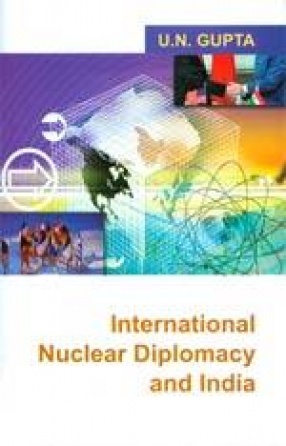
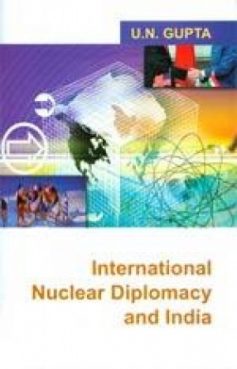
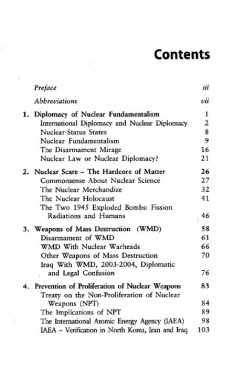
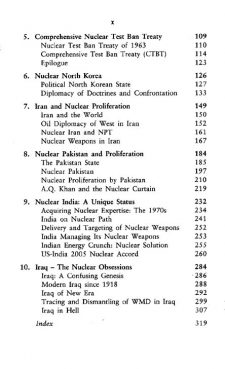
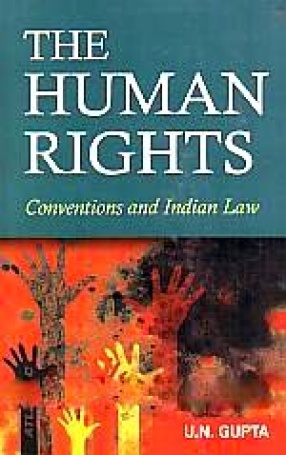

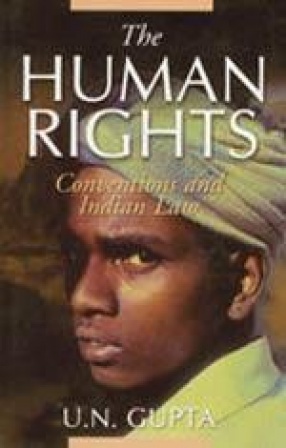
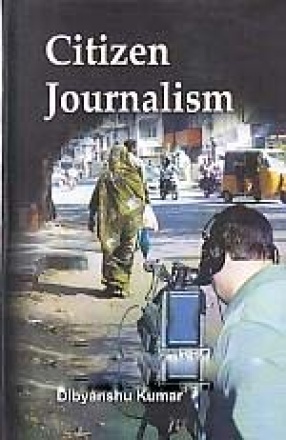
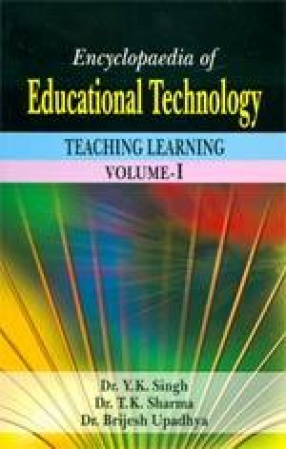
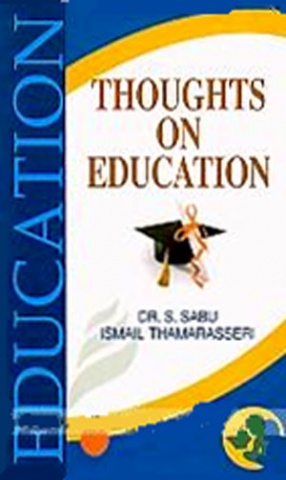
There are no reviews yet.